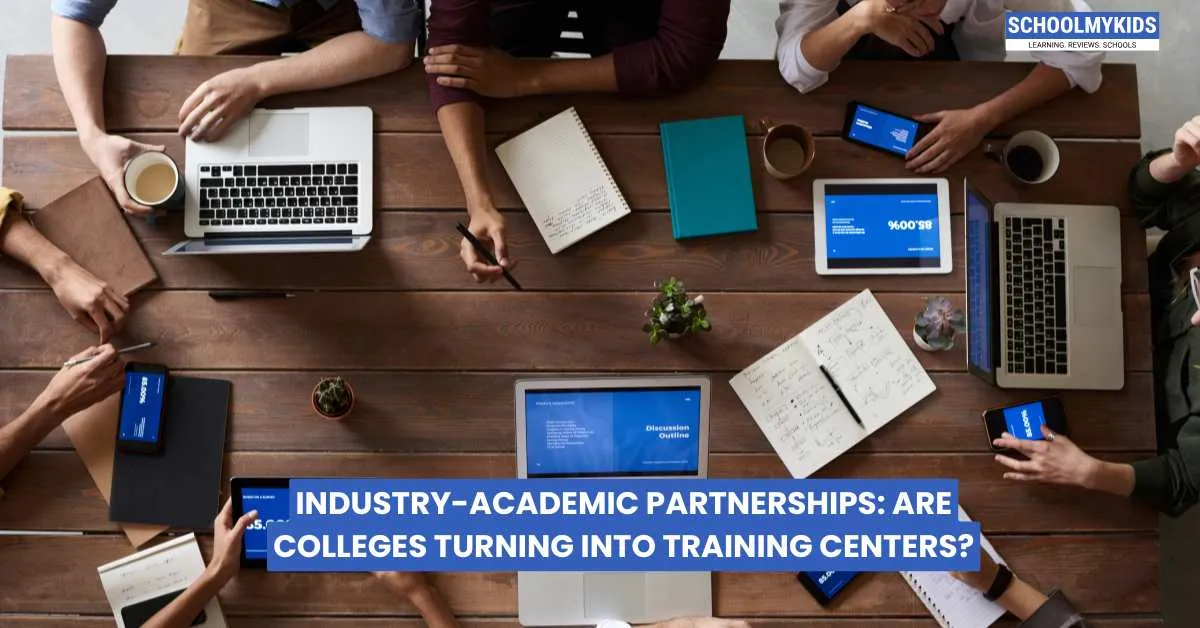The New Classroom Guest
Picture this: you walk into your college class and instead of a professor giving a lecture on supply chain theory, there’s a manager from Amazon teaching you how warehouses actually run. No, it’s not guest lecture week. This is the new normal — where companies are moving directly into classrooms, shaping what gets taught and how.
Why Are Companies in Our Classrooms?
Colleges are under pressure to prove they’re not just ivory towers but launchpads for jobs. Meanwhile, industries are desperate for talent that’s “ready on day one.” The solution? Partnerships where academia provides the framework and companies provide the playbook.
Examples are everywhere:
- Tech giants offering cloud-computing courses inside universities.
- Pharmaceutical firms funding biotech labs and training programs.
- Automakers working with engineering schools to design electric vehicle curricula.
The Perks
- Students: Get job-relevant skills before graduating. No more “I know theory but can’t do the job.”
- Colleges: Stay relevant in a hyper-competitive education market.
- Companies: Build a pipeline of future employees already trained in their systems.
Take Ravi, a computer science student. Instead of learning outdated coding languages from a decade ago, he’s taking a cloud certification offered by a major IT company while still in school. The day he graduates, he’s hired. Smooth transition, zero waiting.
The Worrying Side
Here’s the concern: when corporations design curricula, do colleges stop being places of broad learning and turn into training centers for specific employers?
- What happens to subjects that don’t directly serve a company’s bottom line?
- Do we risk losing the curiosity-driven exploration that’s the soul of higher education?
- Will students become “brand-locked,” skilled only in one company’s system?
Finding the Balance
- Students: Grab the opportunities, but also invest in building critical thinking and general skills beyond a single company’s curriculum.
- Educators: Negotiate partnerships that enhance, not replace, broader learning.
- Companies: Think long-term — you want adaptable thinkers, not just short-term employees.
Conclusion
Industry-academic partnerships are like caffeine: a boost if used wisely, a dependency if abused. The challenge for colleges is to embrace collaboration without selling their soul. After all, the best graduates aren’t just job-ready — they’re future-ready.









Be the first one to comment on this story.